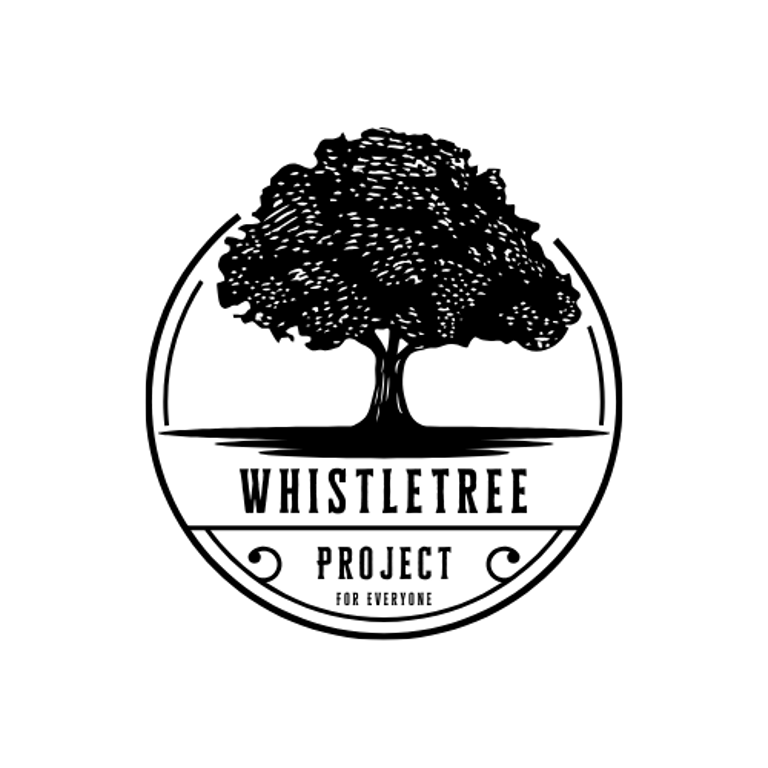The Sacredness of the Mundane: Why Writers Should Pay Attention to Everyday Life
This is a summary of a Miami Book Fair First Draft writing social I facilitated on July 8, 2025. It contains reading and writing resources.
Dawn Davies
7/8/20256 min read


Tonight's topic of writing about the mundane did not address any kind of exciting, revolutionary writing technique. There is nothing new here. We’re not cracking open a secret vault of narrative truth that is is the blueprint for your next bestseller.
We’re simply talking about paying attention to the ordinary life we all live, and creating something readers can connect to.
Writers have generations of experience writing about the commonplace, but although it can be profound and full of meaning...it's not really sexy.
We’re drawn to big stories—war, death, addiction, spy stuff, intergalactic battles, heartbreak, high-stakes transformation, like rags-to-riches, or my favorite: riches-to-rags. I love a good war memoir, and I watch Shooter and Two Guns every year...often more than once. But most of my life has not involved sniper rifles or Denzel Washington. Most of my life has been laundry, walking the dog, scrubbing out the bottom of the trash can, trying to get my next job, living animals, working out, making sense of my childhood, and understanding relationships.
And when I read something that captures that - like Ross Gay writing about a couch or Joan Didion cataloging her purse - I connect with it like I connect with my own thoughts, because I seek honesty in life more than I seek drama or big plots. I want access to how the writer's mind thinks, because truth is interesting. Writing about commonplace things can be very attractive to readers.
There’s nothing thrilling about brushing your teeth or sorting the mail, but those moments stack up ( and I argue that you can make it thrilling if you want to, but that will largely take place within your thought process and be depicted when you share your thought process with your audience), and I think boring things can be the starting point for interesting, exploratory, curiosity-driven pieces of work. Commonplace things mark time because we do them every day. If we pay attention, they help us hold memory as much as big, dramatic life events. Sometimes, they even reveal the parts of ourselves we don’t notice until we slow down enough to think carefully and see what we can connect with when write about them.
It's okay to be curious and messy and self-deprecating and exacting and reflective. It's okay to admit you don't know something on paper. It's okay to not have a big world view about something. It's okay to let the reader in to how your real mind works.
Some techniques and craft ideas I talked about:
How do we write about commonplace things? What are some tools we can use?
For example in fiction? What can you use if you don’t have a big bangy plot?
In nonfiction, what can you use if you aren’t a former president or a famous actor with a bunch of accomplishments? Or if you aren’t the first on the scene of an accident when someone dies in your arms?
In fiction you can:
Make interesting Characters… create cool interplay between people.
Provide a rich inner narrative dialogue – easiest in 1st person (Holden Caulfield Catcher in the Ryeu
Focus on the minutiae: Nicholson Baker - The Mezzanine
Provide multiple points of view or multiple ways of getting information- Carol Shields - The Stone Diaries, Bram Stoker's Dracula.
Use an unreliable narrator to keep people on their toes. Tristram Shandy, Holden Caulfield, Humbert Humbert – Nabokov’s Lolita, Bret Easton Ellis’ American Psycho, The Unnamed Narrator from Chuck Palahniuk's Flight Club.
Good dialogue helps too - If you read Elmore Leonard….he made really honest characters…..they are quirky. They are flawed. They say dumb stuff that reveals something not-so-positive about their power….they also have clear voices. Although he usually puts ordinary people in irregular situations, which is the opposite of what we are doing tonight, there is a lot of sitting around in cars, or wondering, and a lot of opportunity to talk about nothing in a way that reveals characters.
How do we write about the mundane in nonfiction or poetry?
Well, since most of life is NOT made up of big plot points and car explosions, here are a few things we can use:
Specificity
If we are writing abstrusely , in an esoteric way, in a Joann Beard The Fourth State of Matter way about having an argument in the car with someone before you go into a pharmacy, the wide-angle lens might not fit. Specific details about small things help readers connect to the concreteness of a scene. The dead lovebugs on the windshield. The fact that your partner has a piece of lettuce in her teeth….and how it demeans her argument a bit and you may worry that if you have something in your teeth your own argument might be so demeaned….the fact that the pharmacy is a Walgreens and the coupons in your wallet are from CVS.
Sensory Information
The car smelled like the Pine Tree air freshener that you still hang in your car because that’s what your grandpa did, even though you don’t like the smell. The light on the dusty dashboard. The fact that the car is turned off and you are getting hot.
Inner Weather Report:
Not much happens….EXCEPT IN MY HEAD. let yourself go there with your thoughts without worrying about what readers will think of you. Put them on the paper. I’ve worked with writers who get stuck in their nonfiction because they don’t reveal anything worth connecting with. No frailties, no curiosity, no odd meanderings or asides, no confessions that make them relatable, no connection with the present tense to the past……like they will either write in retrospective narrator with no hint that they are where they are now, or they will write from a child’s point of view.
I guess another way of saying this is don’t be afraid of emotional honesty. You can reveal what you choose without vomiting your whole life up on the page, though. It's good to practice this balance.
Pattern Recognition
We are writers. Let’s keep noticing what others overlook. You see patterns. Use them. They can become quite rhythmic.
Can an essay or poem or short story on a daily commute become a meditation on ageing? Can doing the laundry, which we all do every week, be a reflection on grief?
Time Bending
One small action in the present can open a floodgate of memory. USE IT. Walk across that bridge between past and present and, one of my favorite bridges…the bridge between past present and future… remember, buying the tree air freshener every two months can be an essay about Grandpa.
Commonplace themes can become a portal for exploring where the now and the then or the now and the future, or the then and the future co-exist.
No Need for Tidy Endings
Just because something is mundane, it doesn’t mean it can’t be surreal. I once wrote and published essay about how I thought my autoimmune disease was my body holding some past traumatic experiences and the whole thing took place while the narrator (me) was lying on the beach. I didn’t know how to end it so at the end of the essay I turn the narrator (me) into a fish and swam away. You can do that, too.
Resources for Things I May Have Mentioned
Craft stuff:
https://lithub.com/kate-zambreno-on-the-beauty-of-the-mundane/
https://maxonwriting.com/2022/06/06/being-a-better-writer-making-the-mundane-engaging/
Ten Essays that will get you hooked on Didion: https://hellogiggles.com/joan-didion/
Nonfiction Collections:
Pilgrim at Tinker Creek - Annie Dillard
EB White - any of his essay collections. One Man's Meat is very good.
The Book of Delights - Ross Gay, that genius double dipper
Look Me in the Eye” by John Elder Robison is a lovely glimpse into the mind of an autistic. Not everyone gets that glimpse, so people tune in.
The White Album - Joan Didion
Anything by James Herriot – he basically writes about driving around post WW2 English country as a country vet….taking care of farm animals and pets. I recommend every essay he has ever written.
https://www.jamesherriot.org/his-works/
Joan Didion's short essay about migraines: https://fisherp.scripts.mit.edu/wordpress/wp-content/uploads/2020/04/InBed.pdf
Book of Delights - Ross Gay, the genius double dipper.
The Pain Scale - Eula Biss
Poetry
This is Just to Say - William Carlos Williams
A Narrow Fellow in the Grass - Emily Dickenson
Reasons to Survive November Tony Hoagland
Catalog of Unabashed Gratitude - a poem by Ross Gay, also a book by the same title.
Fiction
The Mezzanine - Nicholson Baker
Mrs. Dalloway - Virginia Woolf
Most novels by Kazuo Ishiguro, including The Unconsoled, and Remains of the Day.
Before the Coffee Gets Cold - Toshikazu Kawaguchi - fantasy!
Mr. Palomar - Italo Calvino
To be continued...


